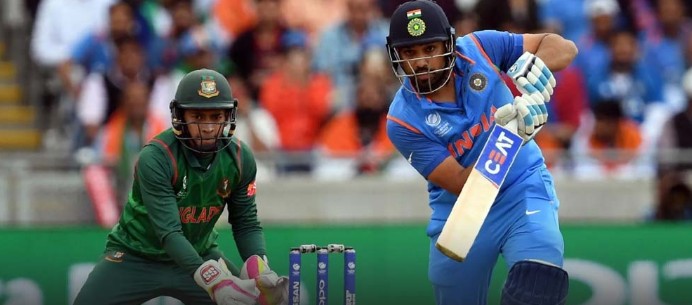India’s online betting business has expanded equally over the last decade, from a pastime deserving obscurity to a multi-billion-dollar business. And that’s all because of cricket, eSports, and online, which have turned betting as effortless as online food ordering. The nation of Bangladesh is seeing something of the same frenzy over online betting, but its structure, regulation, and disposition are less developed. The Indian lesson is one that is applicable, but more of do’s and don’ts than do’s at this date.
Lesson 1: The Power of Regulation
India’s greatest success has been the slow but steady embrace of regulation at the state level. Though federal law is unclear, states such as Sikkim and Nagaland have legalized online betting, licensed it, and made regulations specific to operators. This has diminished illegality, given authorities more tax income, and safeguarded the player from illegitimate operators.
For Bangladesh, whose anachronistic gambling laws are still on the statute books, this path might be momentous. Regulated sites would bring legitimacy, revenue for the government, and safe and responsible places. Without them, the market might stay illicit, the economy and players at risk.
Lesson 2: Accepting Technology
Technology has been leading the charge of India’s betting boom. Mobile-first strategy, simple apps, and secure payment avenues have made betting a seamless business. Fast deposits, real-time odds, and statistical data keep the customers interested and informed.
Bangladesh is itself a mobile-first nation, with the development of smartphones increasing at exponential levels. By utilizing this, one’s own transparent, technology-leveraged betting industry is possible even earlier. Mobile-friendly websites and applications—like ones via 1xbet apk download latest version—demonstrate the potential of technology to be localized but tailored to domestic sensibilities without watering down global standards.
Lesson 3: Integrating Culturally
India’s gambling economy has succeeded, at least in part, by finding its way into the sporting life of the country. The sports leagues, such as the IPL, are not merely games; they’re sporting events, and gambling is part of the inherent thrill. The industry has aligned with sporting bodies such that gambling enhances and does not take advantage of the games that people play.
Bangladesh can similarly do so by combining betting activity with its best sporting enthusiasm: cricket. Domestic league organizations, open sponsor visibility, and moral gaming campaign activities could foster trust while optimizing the sporting atmosphere.
Lesson 4: Responsible Gaming As Priority
India’s growth has also created its own issues in the form of problem gambling. The leading sites have addressed this with robust responsible play efforts: self-exclusion, deposit caps, and public service announcements. These are not merely ethical but crucial elements of long-term sustainability.
For Bangladesh, inclusion of such measures at the outset could preclude later crises. If responsible betting became one of its guiding principles, the country could help ensure that betting is always entertainment, not exploitation.
Lesson 5: Economic Opportunities
The boom in online gambling has enriched operators, but above everything else, it has stimulated entire industries. There have been jobs in technology, customer service jobs, jobs in data analysis, and jobs in marketing. Tax revenues have paid for public sector infrastructure, and sponsorship has helped drive grassroots sport.
Bangladesh, whose young people are digitally literate, will also benefit. Legalisation and growth of the regulated sector hold the promise of generating thousands of new jobs and economic growth opportunities within the digital-first economy.
Conclusion: The Way Forward
India’s boom in online gambling is not perfect—it is controversy-ridden and challenging—but it points in one very obvious direction. Legitimacy via regulation, accessibility via technology, acceptance via cultural fusion, and sustainability via responsible gaming are ingredients for success.
For Bangladesh, the chance is obvious: take a lesson from its neighbour’s achievements and failures to establish a contemporary, moral, and economically rewarding betting industry. Demand is already present; what is lacking is the mechanism to tap into it efficiently. Ultimately, the decision isn’t if online betting is going to expand—it already is. The question is if Bangladesh is going to direct this expansion responsibly or allow it to develop unregulated. With the appropriate measures, the nation could turn a grey market into a thriving industry that rewards fans, the economy, and society at large.
